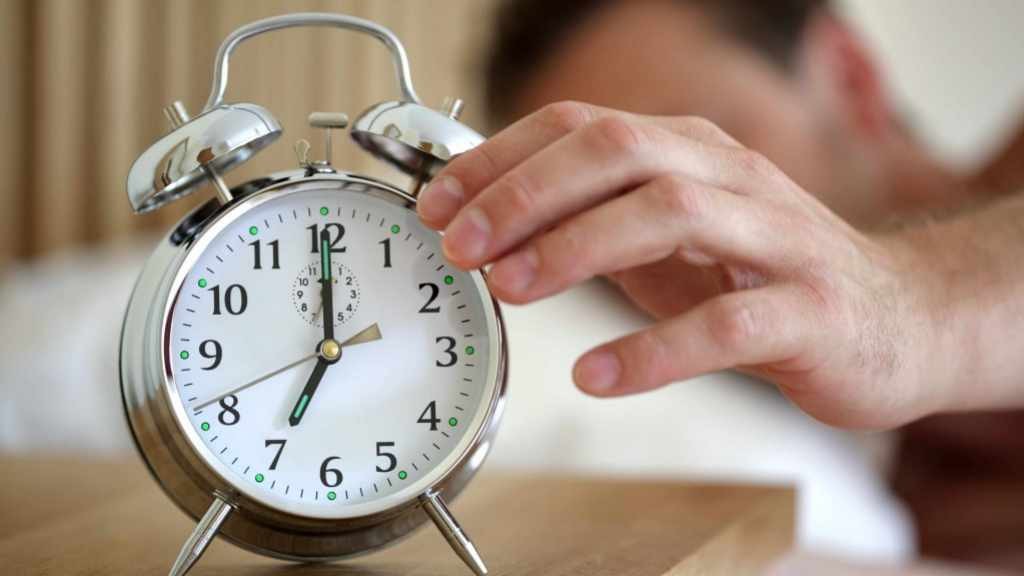Does how much you sleep affect your heart? According to health officials, adults who sleep fewer than seven hours each night are more likely to experience health problems.
Dr. Juan Cardenas Rosales, an internal medicine physician at Mayo Clinic, stresses that adequate sleep is crucial for your overall well-being, including your heart health.
Journalists: Broadcast-quality video (0:59) is in the downloads at the end of this post. Please courtesy: "Mayo Clinic News Network." Read the script.
Getting a good night's sleep can give you the energy to jump-start your day and your health.
"Sleeping is very important to try to prevent other chronic conditions in the future, such as diabetes, heart attacks and strokes," says Dr. Cardenas Rosales.
When it comes to how many hours a night adults should sleep, keep the number 7 in mind.

"It's usually recommended for you to sleep at least seven hours per night in order to allow your body to recover to be ready for the following day," he says.
Practical steps to help you get better sleep
"Try to sleep at the same time. Try to get a schedule in which you're going to sleep at the same time and you're waking up also at the same time, that's very important," Dr. Cardenas Rosales says.
Create good sleep habits
- Keep the time you go to bed and the time you wake up the same every day, including weekends.
- Stay active. Regular activity can lead to a good night's sleep.
- Limit naps or do not nap at all.
- Limit or do not use caffeine, alcohol and nicotine.
- Do not eat large meals or drink a lot of fluids before bed.
- Make your bedroom comfortable.
- Create a relaxing bedtime ritual, such as taking a warm bath, reading or listening to soft music.
"You want to set up the environment to make it easier for your body to fall asleep," he says.
Related posts:
- Little by little: Small changes can lead to heart health, Mayo Clinic expert says
- Treating sleep apnea made easier: Upper airway stimulation therapy
- Mayo Clinic Minute: What are the stages of sleep?







